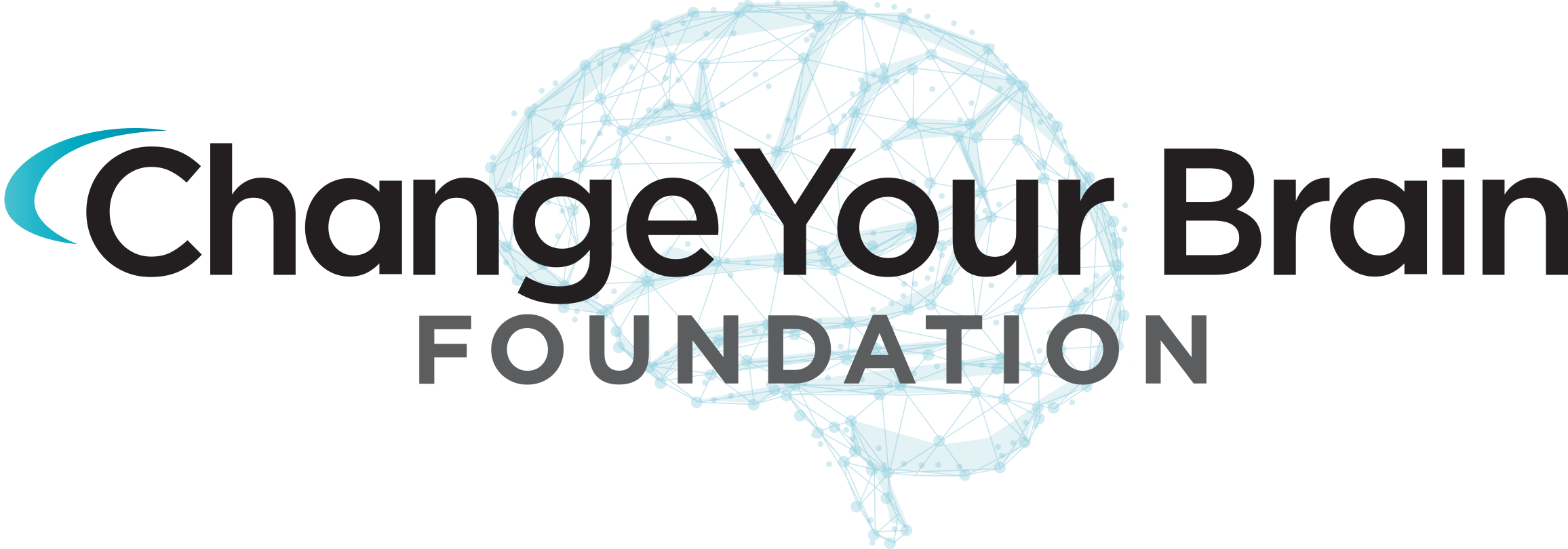
OUR RESEARCH
At the Change Your Brain Change Your Life Foundation, we are committed to improving brain health and mental health worldwide. Our focus is on using neuroimaging tools, such as SPECT and QEEG, to improve diagnosis, treatment planning, and outcomes in psychiatry. In addition, we are deeply passionate about brain health education and natural ways to heal the brain.
The Foundation has access to the world’s largest brain-imaging database for mental health with over 225,000 brain SPECT scans and over 10,000 QEEG studies. We will continue to build, share and mine the database to improve patient outcomes. To date, we have published more than 80 scientific studies, including topics such as suicide, murder, traumatic brain injury (TBI), depression, ADHD, and outcome research.
In January 2016, the team’s research on distinguishing posttraumatic stress disorder (PTSD) from TBI was featured as one of the top 100 stories in science for 2015 by Discover Magazine. In 2017, the team published one of the world’s largest functional brain-imaging study on over 46,000 scans showing the differences between male and female brains. In 2018, the team published the world’s largest brain- imaging study on over 62,000 scans on how the brain ages.
The research team’s scientific articles have appeared in many prestigious journals, including Journal of Alzheimer’s Disease, Molecular Psychiatry, PLOS One, Nature’s Translational Psychiatry, Nature’s Obesity, Journal of Neuropsychiatry and Clinical Neuroscience, Minerva Psichiatrica, Journal of Neurotrauma, American Journal of Psychiatry, Nuclear Medicine Communication, Neurological Research, Journal of the American Academy of Child and Adolescent Psychiatry, Primary Psychiatry, Military Medicine, and General Hospital Psychiatry.
Recent research at the Change Your Brain Foundation has focused on three core fields of study:
- Understanding the SPECT brain function patterns of mental health diagnoses
- Improving SPECT scan evaluations
- Advancing methodologies for reproducibility of neuroimaging results
RESEARCH COLLABORATIONS
Supporters in the mission to improve brain health:










